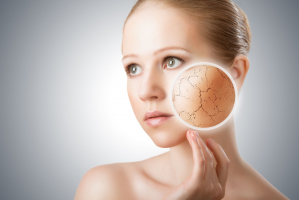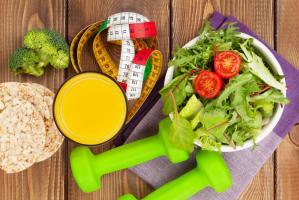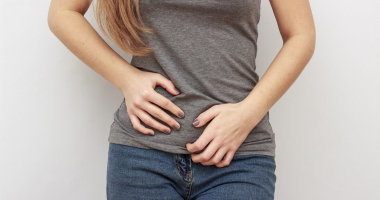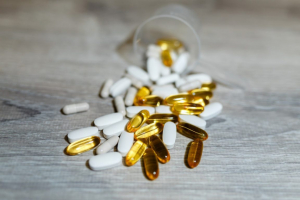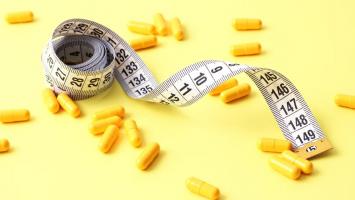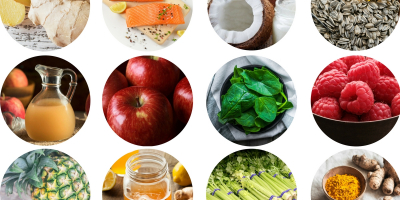Top 10 Best Vitamins and Supplements for Fertility
It's important to take a balanced diet and take supplements to ensure that you get all the nutrients you need. Taking a supplement could be helpful for people ... read more...who have particular vitamin deficiencies. It's uncertain how diet and micronutrients directly influence fertility. But according to research, vitamins can improve fertility in many ways. Below are some fertility vitamins to help you get pregnant.
-
L-carnitine (LC) is an amino acid that the body naturally produces. Acetyl L-carnitine, often known as ALC, is the synthetic version. Because of its antioxidant properties, it may promote fertility and reduce endometriosis and polycystic ovarian syndrome (PCOS) symptoms.
The health of sperm also seems to be affected by L-carnitine. LC and ALC supplements taken orally have been found to enhance sperm motility. Acetyl-L-carnitine promotes sperm maturation, improves sperm motility, and protects spermatozoa from oxidative damage in low sperm count patients. Additionally, sperm's vitality and motility seemed to be enhanced by adding LC before being frozen for use in fertility treatments.
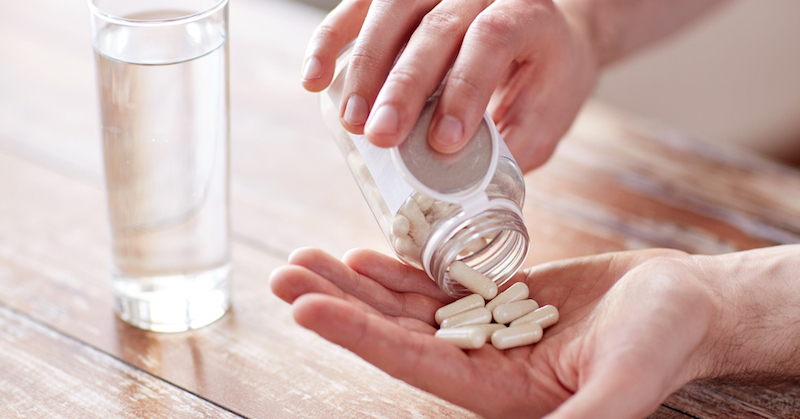
Acetyl L-Carnitine 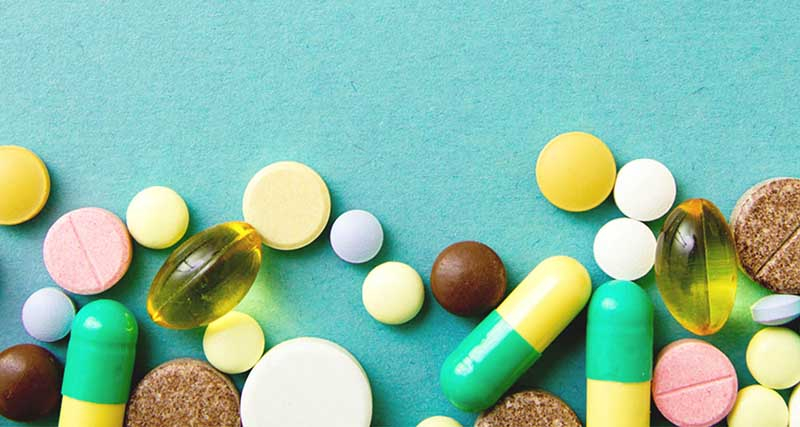
Acetyl L-Carnitine -
All of the B vitamins are necessary for the growth and healthy functioning of red blood cells, especially B3 (niacin), B6 (pyridoxine), B9 (folate or folic acid), and B12. Healthy B vitamin levels are also necessary for proper nerve and cell energy. Among the vitamins, vitamin B6's ability in aiding fertility is proven beyond doubt.
Consuming foods rich in vitamin B6 keeps the adequate level of hormones estrogen and progesterone, reproduction largely depends on these two hormones. According to a 2007 study, women with greater blood levels of B6 have a higher chance of becoming pregnant. Having adequate amounts of vitamin B6 in your body helps in the production of hormones that make the uterine lining stronger and increases the levels of progesterone, thereby increasing the chances of conception.
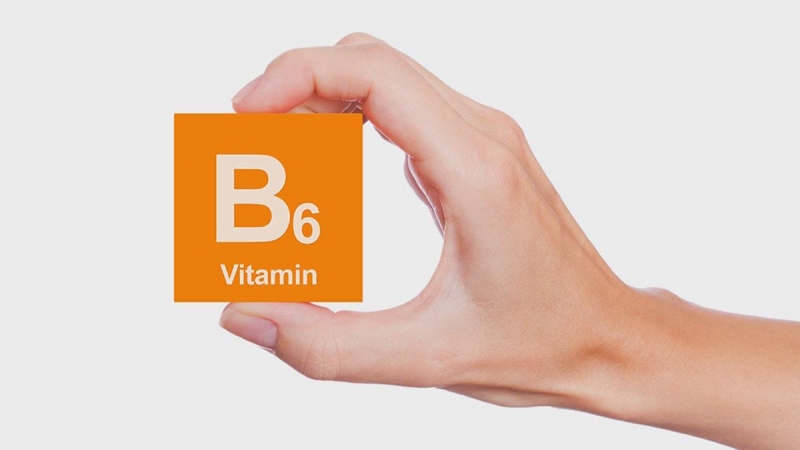
Vitamin B6 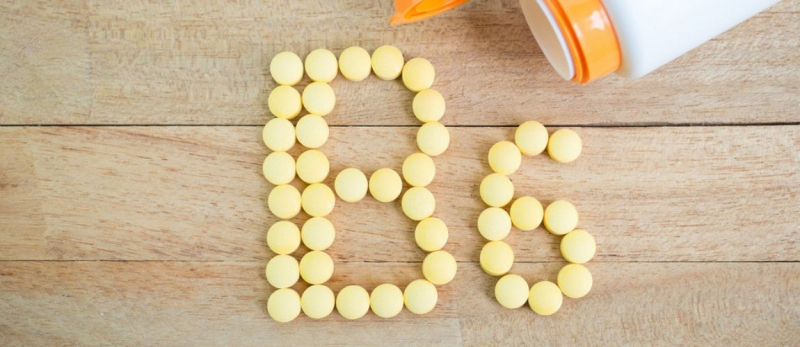
Vitamin B6 -
Folate, often known as vitamin B9, is one of the most crucial B vitamins for conception and a healthy baby. For both male and female fertility, folate is essential.
The risk of neural tube birth defects such as spina bifida is raised by low folate intake. Low levels of B9 can cause irregular ovulation, according to research, and adequate folate intake may affect progesterone levels. These two may both lower fertility. Sperm health is negatively linked to low folate levels. A larger proportion of DNA-damaged sperm is more likely in individuals with low dietary folate intake. In some circumstances, supplementing with folate and zinc may help to enhance the results of semen analysis.
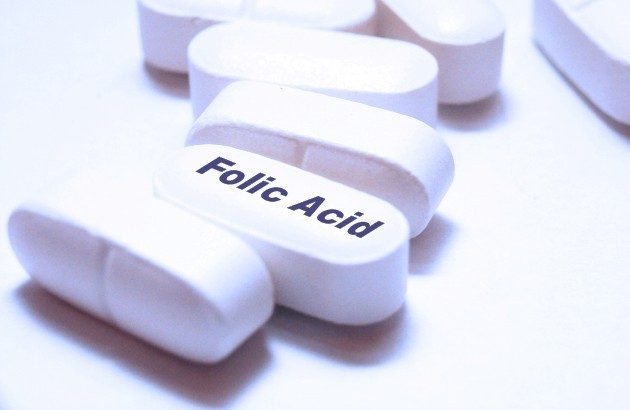
Vitamin B9 (Folate) 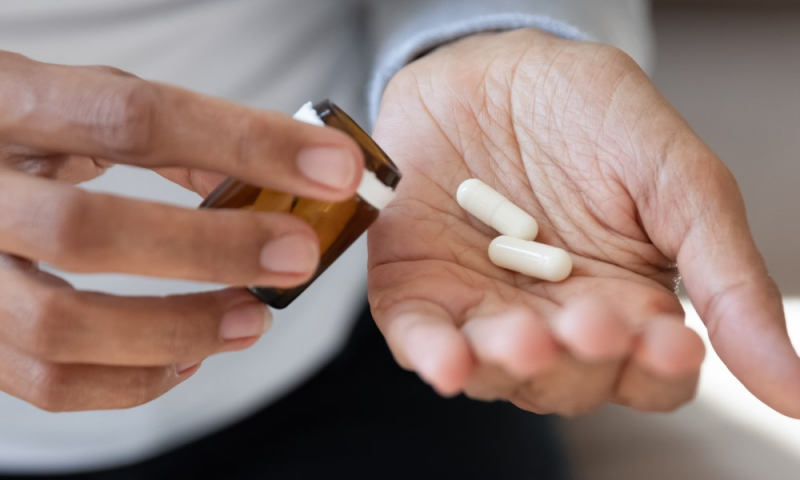
Vitamin B9 (Folate) -
Fruits and vegetables, particularly citrus fruits, berries, and peppers, are rich sources of vitamin C. This vitamin supports strong connective tissue and is necessary for immune system health as well as wound healing.
A potent antioxidant is vitamin C. Fertility is greatly influenced by these antioxidant properties. Antioxidants reduce the harmful effects of free radicals, which lessens cellular damage in the body. Vitamin C has been shown to improve sperm health and decrease sperm DNA fragmentation in trials, where it is often combined with vitamin E. In one study of women undergoing IVF, vitamin C supplementation didn't improve measures of oxidative stress. However, it did increase the amount of vitamin C in follicular fluid, which may be related to better egg quality.
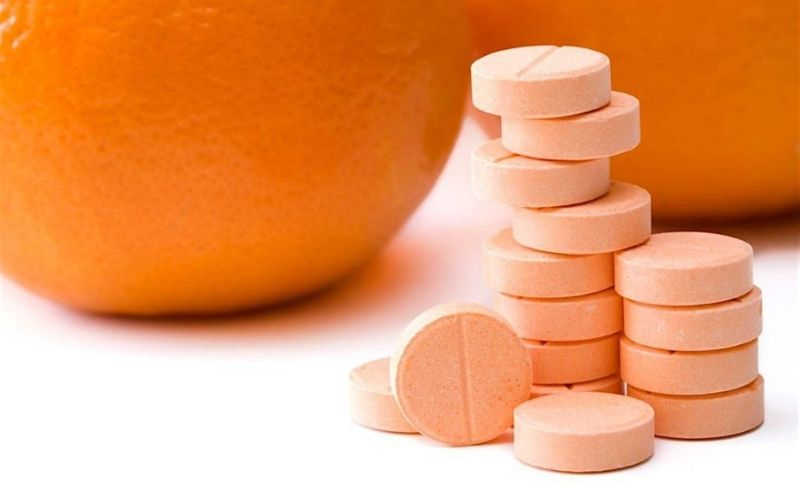
Vitamin C 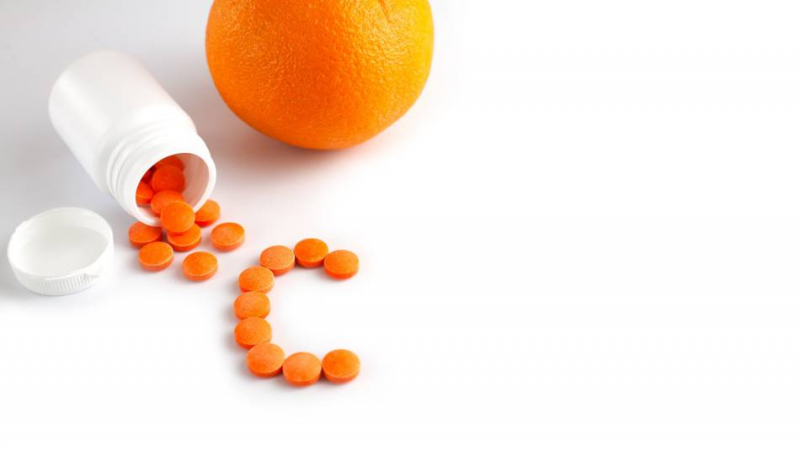
Vitamin C -
You probably already know that calcium is a mineral that your bodies require for normal bone function. But did you know it also affects the hormonal balance, muscle function, and nerve and heart function?
A 2013 study indicated that women who consumed more dairy products, which are rich in calcium and vitamin D fortification, had higher serum vitamin D levels and were less likely to develop endometriosis and ovulatory problems. This could imply that calcium has a significant role in fertility. In terms of male fertility, there is a comparable relationship between calcium and vitamin D levels. There is some evidence to suggest that a calcium deficit may have an impact on male fertility, specifically sperm motility.
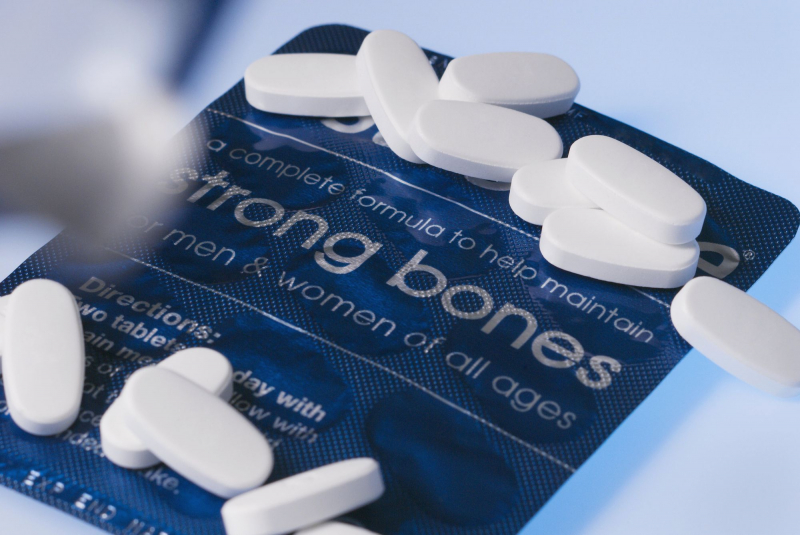
Calcium 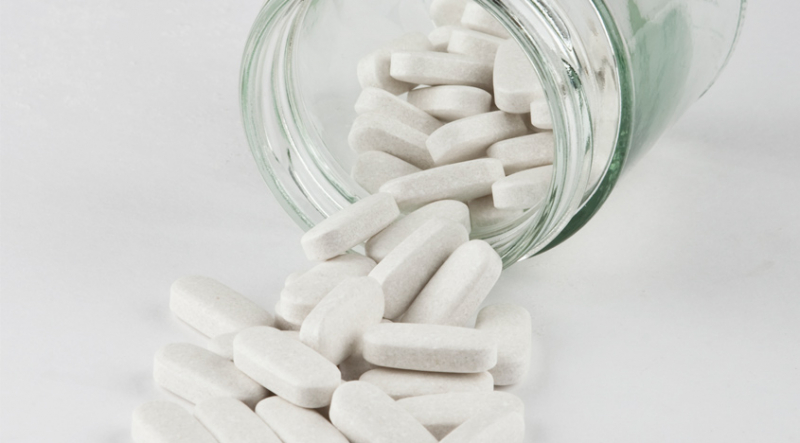
Calcium -
Coenzyme Q10 (CoQ10) is a biomolecule that exists naturally in the human body and is present in every cell. The cells need the antioxidant coenzyme Q10 for proper functioning and for creating energy.
CoQ10 study in female fertility has been focused on patients undergoing in vitro fertilization (IVF). In a 2017 study, it was found that IVF patients had greater pregnancy rates and higher-quality eggs when their levels of CoQ10, which is naturally found in follicles, were higher. In two further trials, it was discovered that taking CoQ10 before an IVF cycle significantly increased egg quantity and quality, which was linked with a greater number of fertilized eggs and a higher proportion of healthy embryos
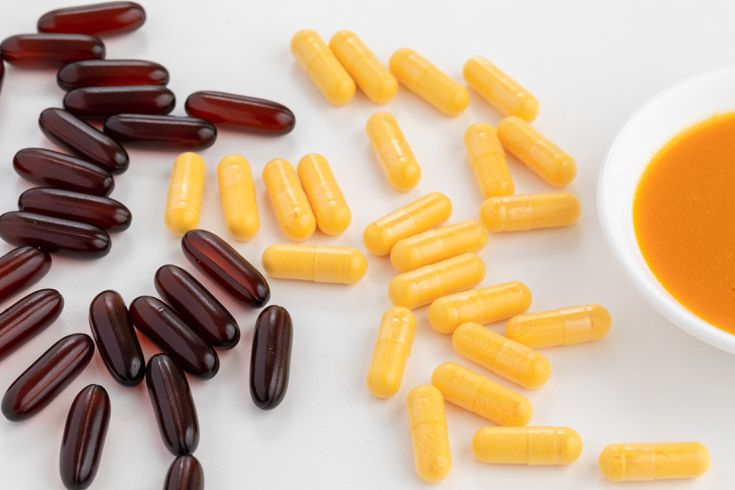
Coenzyme Q10 (CoQ10) 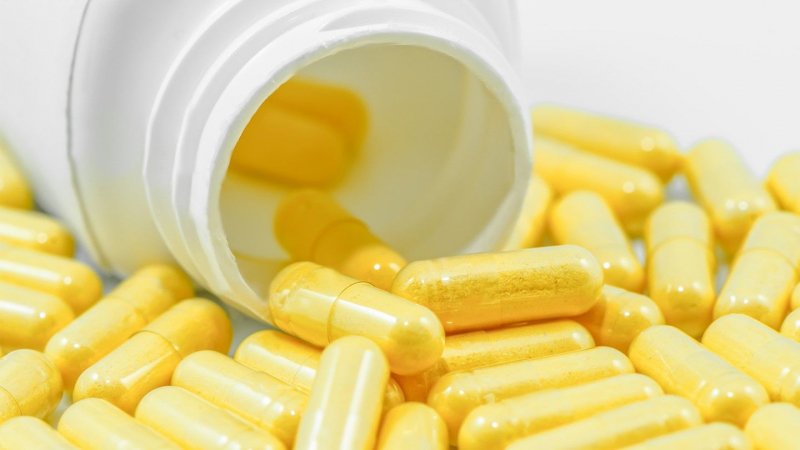
Coenzyme Q10 (CoQ10) -
Only a few foods contain vitamin D, and sun exposure is the main way to get it. Calcium and vitamin D work together to build strong bones. The body's immune system, cell growth, and the regulation of inflammation all depend on it as well.
Infertility is linked to low vitamin D levels. The presence of vitamin D receptors and metabolizing enzymes in both the female and male reproductive systems evidence that vitamin D is necessary for normal fertility. Vitamin D levels of 30ng/ml in the blood have been associated with higher pregnancy rates in women, as opposed to those with lower levels. Ovulation problems and an increased incidence of endometriosis are linked to low levels of vitamin D. People with higher vitamin D levels typically have higher IVF success rates.
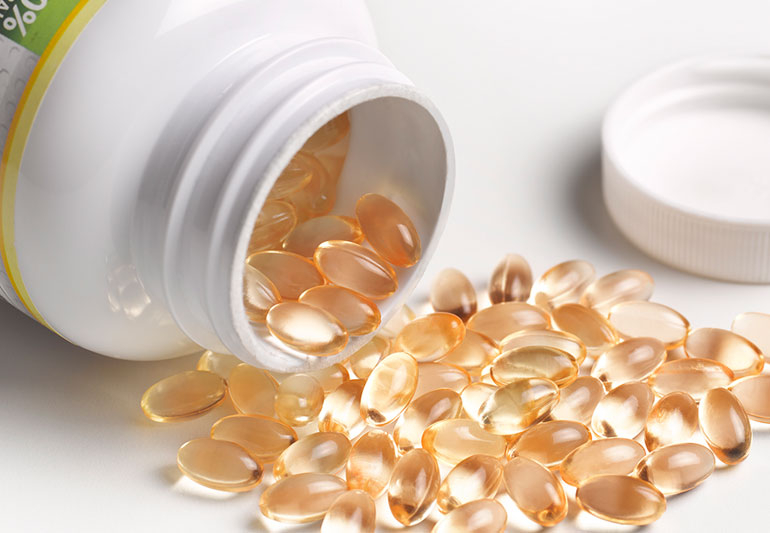
Vitamin D 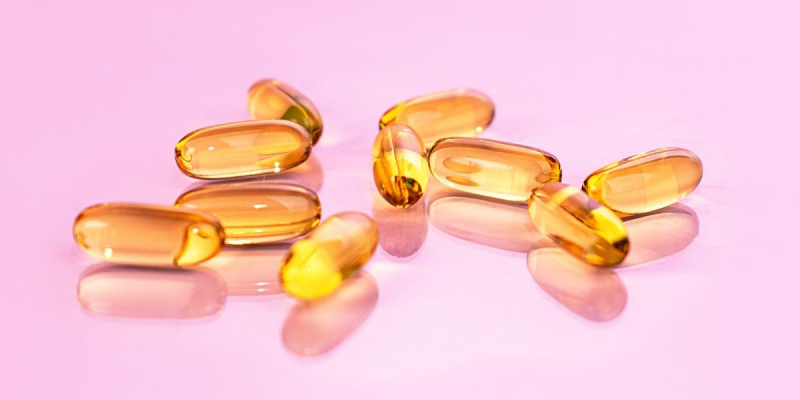
Vitamin D -
Vitamin E functions as an antioxidant, like vitamin C. It may be easier for you to get pregnant if you take enough antioxidants, which you may do by eating foods high in them or taking supplements.
Although most studies were conducted on animals, some research has demonstrated that taking vitamin E supplements can improve female fertility. A human study discovered a benefit from vitamin E combined with selenium. When compared to a placebo, vitamin E supplements did not enhance sperm parameters in one small study of IVF participants. However, they did seem to boost overall IVF success rates.
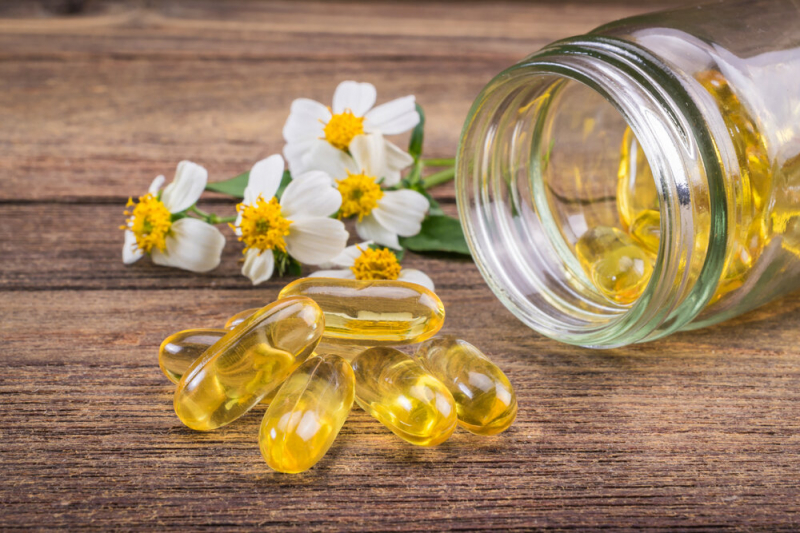
Vitamin E 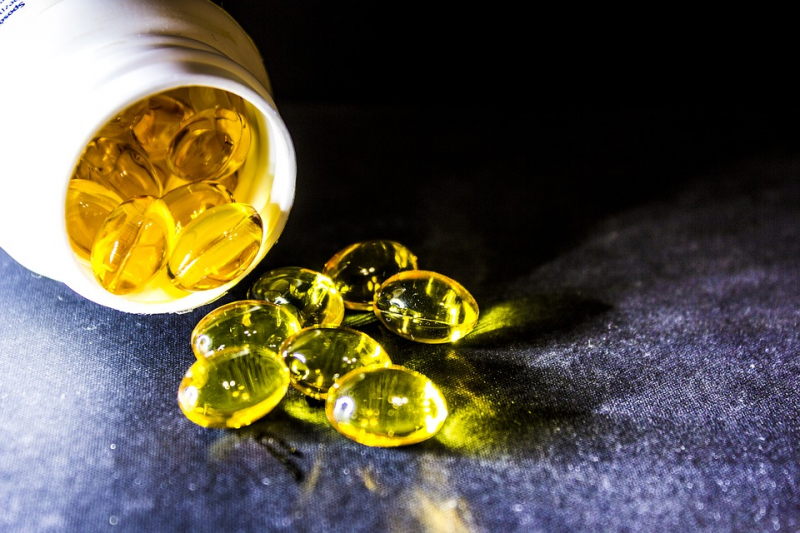
Vitamin E -
For proper blood cell development and operation, people require mineral iron. Male and female infertility might result from an iron deficit.
Beans, lentils, spinach, and fortified cereals are foods that contain iron, which humans typically get by eating animal protein. According to research, women who consistently take iron supplements had a 40% lower risk of being infertile. In addition, women who consume more than 41 mg of iron daily see a 62% reduction in their risk of infertility. It has also been demonstrated that proper supplementation and restoring iron levels can improve pregnancy parameters. But not everyone needs iron supplements, and they can lead to constipation. For more information, consult a healthcare professional.
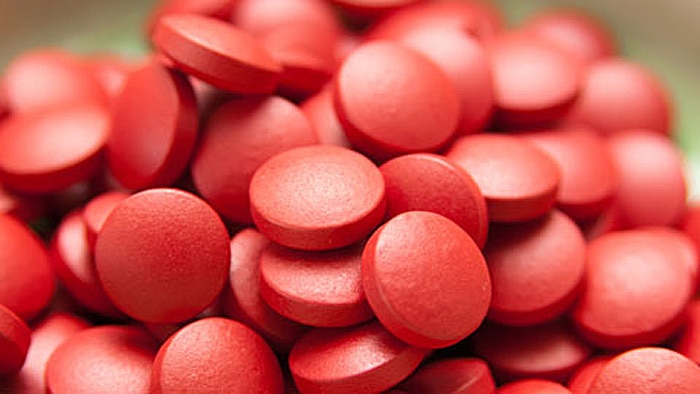
Iron 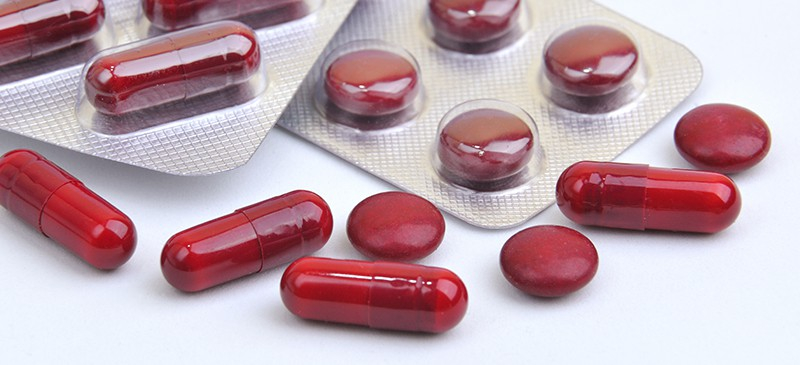
Iron -
Docosahexaenoic acid (DHA), one of the omega-3 fatty acids, is an antioxidant and is important for the functioning of the heart and brain. There are numerous advantages of omega-3 fatty acids for your fertility and reproductive health such as regulating your hormones (which is important for ovulation); increasing blood flow to the uterus; reducing inflammation in the body; improving the ability of the embryo to implant in the uterus; etc...
A smaller study revealed that DHA supplementation reduced DNA damage in sperm. The health of the mom and unborn child during pregnancy may be improved by omega-3 fatty acids (found in fish and fish oil), but it is less certain how these nutrients would affect fertility. There is no link between omega-3 intake and successful pregnancy, according to a review of data on IVF participants.
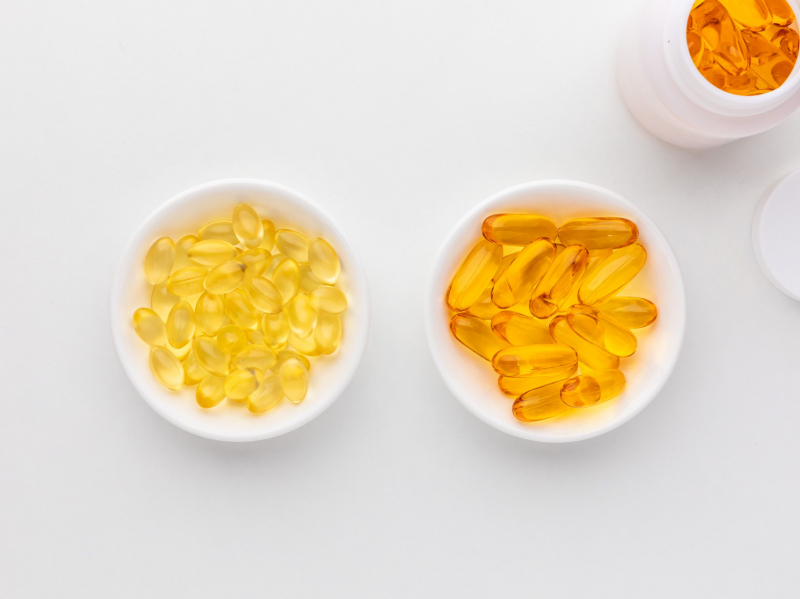
Omega-3 Fatty Acids 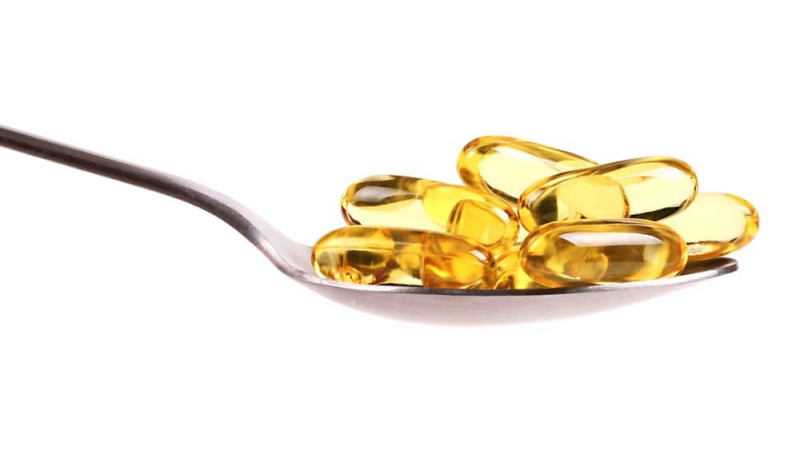
Omega-3 Fatty Acids












